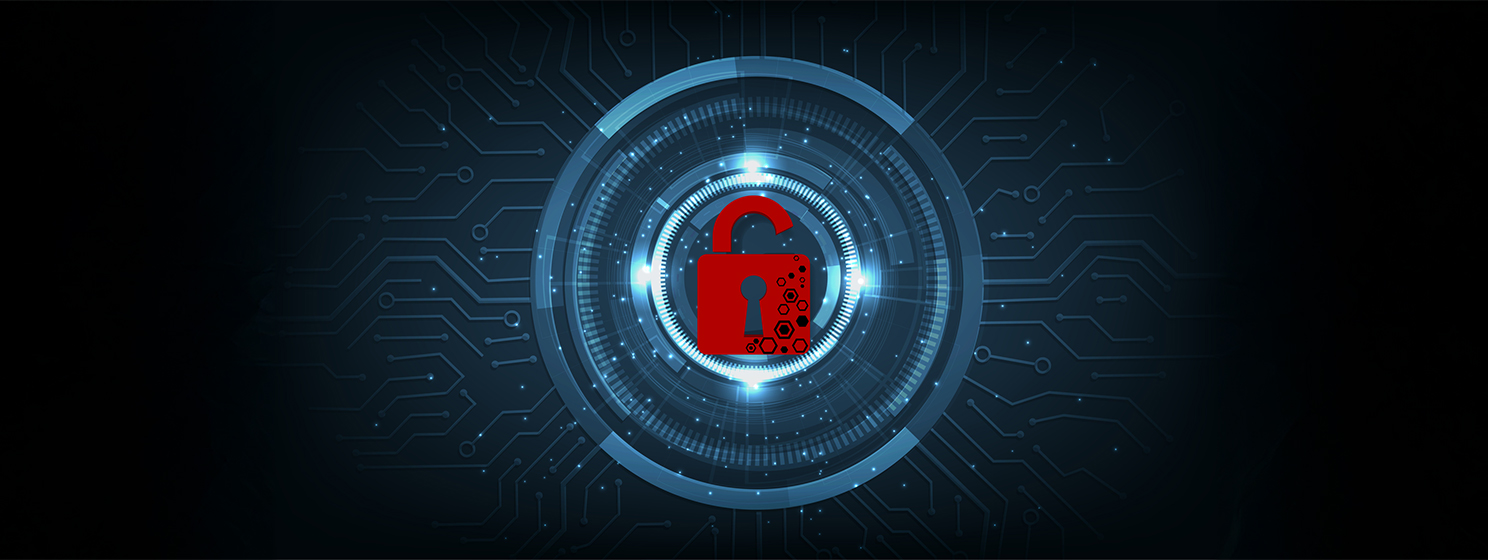|
Getting your Trinity Audio player ready...
|
This post is a guest contribution by George Siosi Samuels, managing director at Faiā. See how Faiā is committed to staying at the forefront of technological advancements here.
As digital infrastructure becomes increasingly critical, driven by the rise of AI and interconnected systems, enterprises and governments face a dual imperative: safeguarding their data against sophisticated cyber threats while ensuring compliance with complex data sovereignty regulations. Data breaches, ransomware, and phishing schemes are not just operational risks—they threaten the very fabric of stakeholder trust, with governments facing the added burden of national security and citizen confidence. The stakes have never been higher.
Data sovereignty—ensuring that sensitive data stays within a nation’s borders—has become a focal point for organizations worldwide. Yet, as these entities strive to protect data integrity while fostering innovation, traditional solutions often fall short. The answer lies not just in technology, but in a holistic approach that marries decentralized systems with a culture-centric mindset.
The dual challenge of cybersecurity and data sovereignty
For enterprises in regulated industries such as finance, healthcare, and critical infrastructure, the task of maintaining robust cybersecurity while navigating stringent data sovereignty laws is a delicate balancing act. Governments, on the other hand, must not only protect national data but also create environments that foster technological innovation and economic growth.
A central concern for both sectors is keeping data secure and compliant across borders without compromising accessibility and performance. Here, decentralized technologies like blockchain and distributed ledger systems (DLT) are emerging as viable solutions. Blockchain’s core attributes—transparency, immutability, and decentralized control—make it well-suited to mitigate cybersecurity risks while adhering to local and international regulations. For instance, PwC reports that enterprises increasingly adopt blockchain to protect data privacy, streamline compliance processes, and secure cross-border transactions. However, not all blockchains are created equal.
One of the critical factors when considering a blockchain solution is scalability. Many popular blockchains still struggle with throughput limitations, high transaction costs, and congestion issues that hinder their application at an enterprise or government scale. This is where scalable solutions, like BSV, offer a competitive advantage. BSV’s focus on high throughput, low transaction costs, and efficient data handling makes it a suitable option for organizations that need robust, scalable infrastructure to support global operations. With its ability to handle thousands of transactions per second, BSV offers the kind of scalability that allows enterprises to confidently integrate blockchain into their broader digital ecosystems without facing bottlenecks or exorbitant fees.
Building secure digital communities
A critical step towards addressing cybersecurity and data sovereignty is the creation of secure, trust-based digital communities. Traditional security measures are no longer adequate against modern threats such as AI-generated scams and deepfake impersonations. Blockchain offers a more resilient foundation, enabling organizations to build secure networks where data integrity and privacy are integral to the system.
One of our colleagues at Faiā, who led Fraud & Scam Detection at a major Australian financial institution, saw firsthand how AI-driven scams were evolving to target vulnerable communities. Socially isolated individuals, those with limited financial literacy, and people from migrant backgrounds were frequently targeted by sophisticated scams involving automated, fraudulent calls, deepfake impersonations, and social engineering on platforms like Instagram and Facebook (NASDAQ: META). Scammers often misuse the trusted branding of major companies to deceive people into investing in fake products.
In such scenarios, decentralized, scalable, and reliable blockchain networks like BSV could have significantly reduced the risk. By leveraging self-sovereign digital identities and decentralized verification processes, blockchain systems empower individuals to securely verify their identity without relying on potentially compromised third-party services. Deloitte notes that blockchain’s tamper-proof infrastructure can support self-sovereign identities, thereby reducing identity theft and fraudulent activities. Scalable platforms such as BSV not only ensure that these verification systems can operate smoothly under high demand but also do so cost-effectively, making them accessible for broader deployment. This is especially beneficial for vulnerable communities—like the elderly or those with lower financial literacy—by adding an extra layer of protection against AI-driven scams.
Aligning culture with cybersecurity
While technology provides a strong defense, it is only as effective as the culture that supports it. According to KPMG, a major challenge is ensuring that cybersecurity protocols are integrated into the organizational culture so every department contributes to the overall security strategy. During her time at the bank, our Faiā colleague recognized that robust technical defenses must be reinforced by a company-wide cultural shift. She led initiatives that focused on internal education and cross-departmental communication, ensuring that every team member—from frontline staff to leadership—understood the risks and their role in safeguarding data.
This approach fostered a culture of collective responsibility, where employees were empowered to recognize and respond to potential threats proactively. Enterprises can learn from this experience by embedding security into their organizational culture, making it a shared responsibility rather than a siloed function.
At Faiā, we emphasize the importance of this cultural alignment. Through education and community-building tools, we help organizations integrate cybersecurity into everyday workflows. By ensuring that every department, from marketing to customer support, plays an active role in protecting the organization’s data, businesses can create a proactive and resilient security posture.
Supporting compliance without compromising innovation
The challenge of balancing compliance with data sovereignty laws while fostering innovation is one of the most significant hurdles for enterprises today. As Ernst & Young points out, companies are under increasing pressure to stay agile amid a growing patchwork of data protection regulations, especially as more countries introduce data localization requirements. Simultaneously, organizations must continue to innovate to remain competitive.
During our team member’s tenure at the bank, her team had to navigate this balance while expanding digital services. They needed to ensure compliance with data localization laws and anti-money laundering (AML) regulations without stifling the ability to innovate. By embedding compliance measures directly into their product development processes, they launched new initiatives that maintained regulatory integrity while protecting the bank’s reputation.
Similarly, Faiā supports enterprises and governments in balancing compliance and innovation through decentralized platforms prioritizing data integrity and regulatory adherence. By advising on integrating smart contracts and blockchain-based compliance tools, we enable organizations to manage cross-border data transfers securely—ensuring that they meet data sovereignty requirements without sacrificing efficiency or innovation. Scalable blockchains like BSV further enhance this capability by enabling seamless, secure, and low-cost data transactions across borders, which is crucial for enterprises looking to scale their operations without incurring high costs or compliance risks.
The future of cybersecurity & data sovereignty: A collaborative path forward
As cyber threats evolve, driven by AI and increasingly sophisticated tactics, the future of cybersecurity will require a blend of advanced technologies like blockchain and a culture of collective responsibility. Our experiences at Faiā have shown that technology alone cannot solve these challenges—organizations must cultivate an environment where every employee is engaged in the mission of protecting data. By embedding security practices at every level, businesses can better combat emerging threats, particularly as AI continues to expose both technological and human vulnerabilities.
Navigating the fragmented landscape of data sovereignty laws will remain a significant challenge for enterprises. While the idea of global standards may simplify compliance, the reality is that local regulations are diverse and will likely remain so. Enterprises must be agile and adaptable to thrive. Scalable blockchain solutions like BSV can help meet this need, enabling companies to manage high transaction volumes across different jurisdictions without compromising on cost or speed.
At Faiā, we merge decentralized technologies with cultural transformation, equipping organizations to not only meet today’s challenges but also anticipate and adapt to future complexities. By building trust-based digital communities and fostering a culture of security, enterprises, and governments can secure their operations while continuing to innovate and grow in a decentralized world.
Watch: Cybersecurity fundamentals in today’s digital age with AI & Web3

 02-15-2026
02-15-2026 




